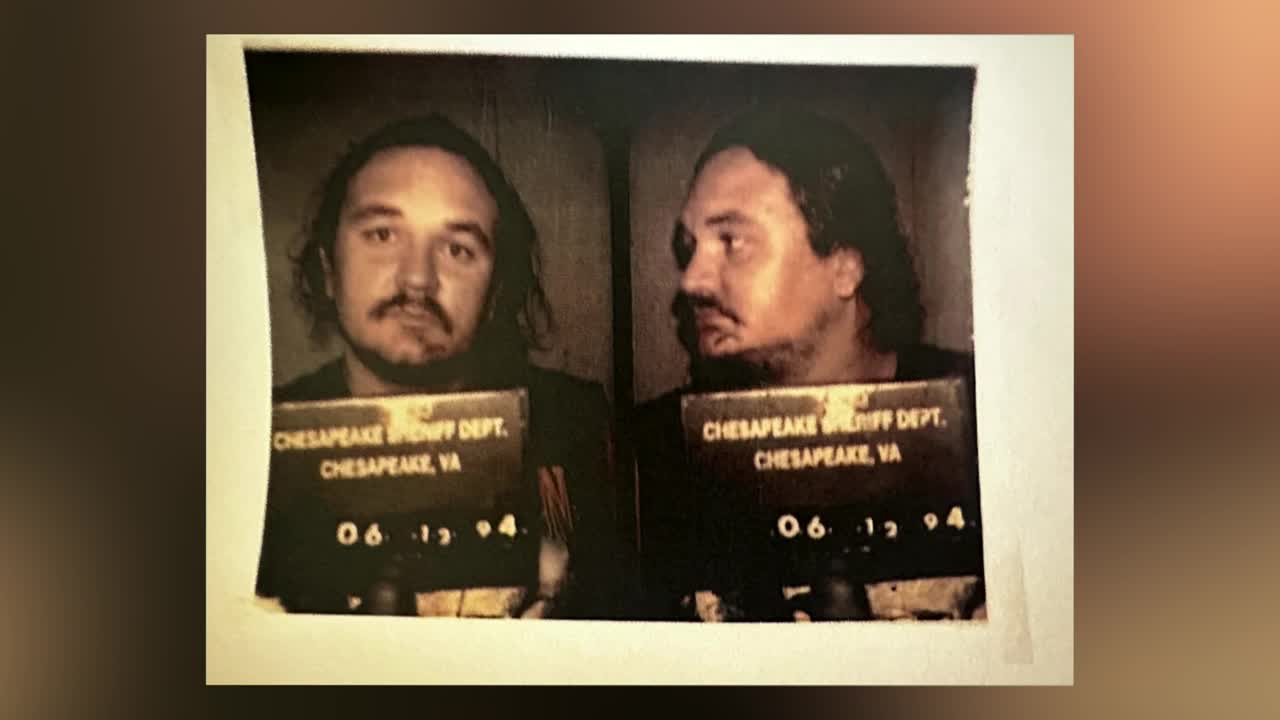VIRGINIA BEACH, Va. – Two Virginia women, whose family members were murdered decades apart, want changes to state law after the killers became eligible for annual parole hearings.
The women say notifications from the Virginia Parole Board force them to relive the trauma each year.
They are part of a number of victims' families who argue that Virginia's parole and geriatric conditional release laws prioritize the rights of violent offenders over the well-being of the victims and their families.
Watch related: Convicted Virginia Beach murderer denied geriatric compassion release
Georgiann Allen's brother, Harry Shouse, was murdered in 1994 by Carl Griffey in Chesapeake.
Since 2009, she has received an annual notice from the Virginia Parole Board informing her that her brother's killer is once again up for consideration for parole.
"I got a letter two weeks ago that he goes up for parole on my birthday this year," Allen said, holding a stack of letters she has received since 2009. "I'm waiting every October, November to get these letters and just kind of bum out... He shot my brother [in] cold blood, but that’s just the way it is."
The Virginia Parole Board shared the following statement on the situation:
Inmate Griffey is eligible for consideration for both discretionary parole and geriatric conditional release. An inmate who is incarcerated for a crime committed prior to January 1, 1995, may be eligible for discretionary parole depending on the offense committed and length of time served. In addition, an inmate who is over age 60 and has served at least ten years of his/her sentence or over age 65 and has served at least five years of his/her sentence may be eligible for geriatric conditional release consideration. Public court records indicate that Inmate Griffey’s offense was committed on June 11, 1994.
That same law horrified Marie Jones when she learned it applied to the man who murdered her sister, Lexie Walters, in Virginia Beach back in 2020.
Watch related: Age allows violent 72-year-old murderer parole eligibility under Virginia law
The killer, James King, had previously served 20 years in Ohio for murdering another woman in the 1980s. After his release, he moved to Virginia Beach, sexually assaulted another woman, and then brutally tortured and murdered Walters.
"When we walked out of that courtroom with the verdict from the jury, it was a relief," Jones said. "We thought when the judge stated, 'You’ll never see the light of day again,' we thought that’s what that meant."
But just seven months after King's sentencing, Jones was notified that King was eligible for a parole review because of his age and the time he had been incarcerated since his arrest.
"Our whole nightmare began again," she said. "The fight starts all over."
True Crime 757: James King got out of jail for murder. Then he killed again.
Under Virginia law, an inmate must be at least 65 years old with 5 years served, or 60 with 10 years served, to be considered annually for "geriatric conditional release." The current law excludes people convicted of Class 1 felonies, but King was found guilty of Class 2 felonies.
King was denied parole, but the experience prompted Jones to work with lawmakers to create "Lexie's Law." The proposal aims to make it more difficult for certain violent offenders to be granted parole hearings. However, she says the details are still being worked out.
"I don’t think people should be sustaining this type of trauma annually," Jones said. "It’s not okay, and that’s why I proposed Lexie’s Law."
After hearing Jones' story, Allen reached out to her for support. Jones has since started an Facebook support group called “Lexie’s Law Support Group” to connect with other families in similar situations.
Both women feel the current system prioritizes the rights of the killer over the rights of the victims and their family members. They are advocating for stricter rules to prevent the painful, yearly reminders of their loss.





